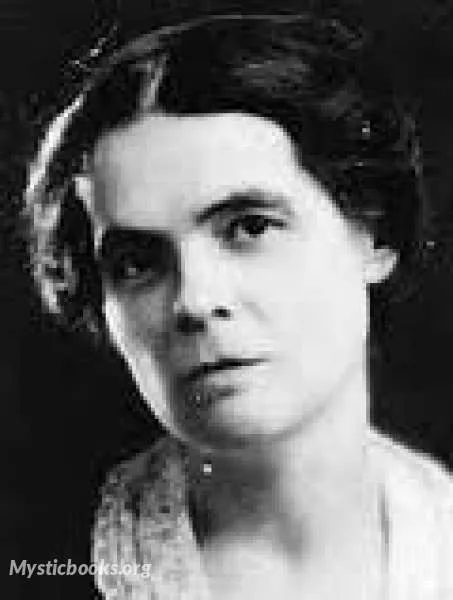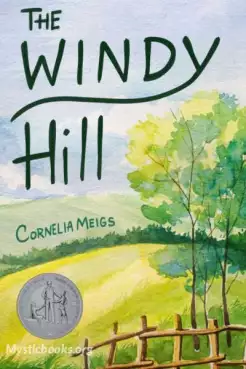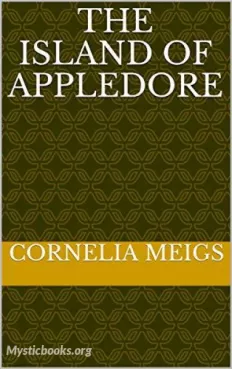
Timeline
Title
Country/Nationality
Cornelia Meigs
Cornelia Lynde Meigs was an American writer of fiction and biography for children, teacher of English and writing, historian and critic of children's literature. She won the Newbery Medal for her 1933 biography of Louisa May Alcott, entitled Invincible Louisa. She also wrote three Newbery Honor Books.
Cornelia Meigs was born December 6, 1884, to civil engineer Montgomery C. Meigs, Jr. and Grace Lynde Meigs in Rock Island, Illinois, the fifth of six daughters. The family moved to Keokuk, Iowa when she was one month old. After graduating from Keokuk High School in 1901, she attended Bryn Mawr College, receiving an A.B. degree in 1907.
Meigs began writing children's books while an English teacher at St. Katherine's School in Davenport, Iowa. Her first book, The Kingdom of the Winding Road, was published by Macmillan US in 1915. In 1922 she was one runner-up for the inaugural Newbery Medal from the professional librarians, recognizing the previous year's "most distinguished contribution to American literature for children". Members of the American Library Association were asked to nominate a book and The Windy Hill by Meigs was the last of six that received at least two votes subsequently designated runners-up. She was one of the runners-up again in 1929 (Clearing Weather) and 1933 (Swift Rivers). Runner-up works are now called Newbery Honor Books, so latter-day editions are authorized to display a silver seal on the cover.
Meigs won a Little, Brown and Co. prize competition with The Trade Wind. Little, Brown published that book in 1927 and subsequently a few more of her works including the children's biographies of Louisa May Alcott and Jane Addams. Meigs is best known for the Alcott biography, Invincible Louisa: The Story of the Author of "Little Women", which won the Newbery Medal in 1934. It follows Alcott from childhood in Pennsylvania and Boston through writing the classic novel Little Women. Kirkus Reviews called Meigs "one of the best-loved authors of fiction for boys and girls", observed that Little Women is "virtually autobiographical", and recommended that the books be paired.
In 1932, Meigs became a professor of English at Bryn Mawr, where she remained until her retirement in 1950. During World War II she took a year of absence for three years to work for the War Department. After leaving Bryn Mawr, Meigs taught writing at the New School of Social Research in New York City. She was the lead editor and one writer of A Critical History of Children's Literature, published by Macmillan in 1953, which has been called "a landmark in the field of children's literature". It was revised under Meigs' leadership and re-issued in 1969. In her lifetime Meigs wrote over 30 fiction books for children, as well as two plays, two biographies, and several books and articles for adults.
Meigs lived at Sion Hill, Havre de Grace, Maryland; and Brandon, Vermont. She died at Havre de Grace, Maryland, on September 10, 1973. Most of her papers are in the Special Collections Library at Dartmouth College. Others are in the de Grummond Collection at the University of Southern Mississippi in Hattiesburg and at the University of Iowa in Iowa City.
Books by Cornelia Meigs

The Windy Hill
The Windy Hill is a children's novel by Cornelia Meigs. A brother and sister learn about their own family's history in New England through a series of tales told by the Beeman. The novel, illustrated by Berta and Elmer Hader, was first published in 1...

The Island of Appledore
It follows the adventures of a group of children who discover a mysterious stranger living on the island and must unravel the secrets of his past. The story is centered around the character of Joel, a young boy who spends his summers on Appledore Is...

Windy Hill
Windy Hill is a story about two children who visit their cousin in a rural New England town and uncover a long-held family secret. The story explores themes of family, legacy, pride, and the consequences of greed, spanning three generations. The chil...